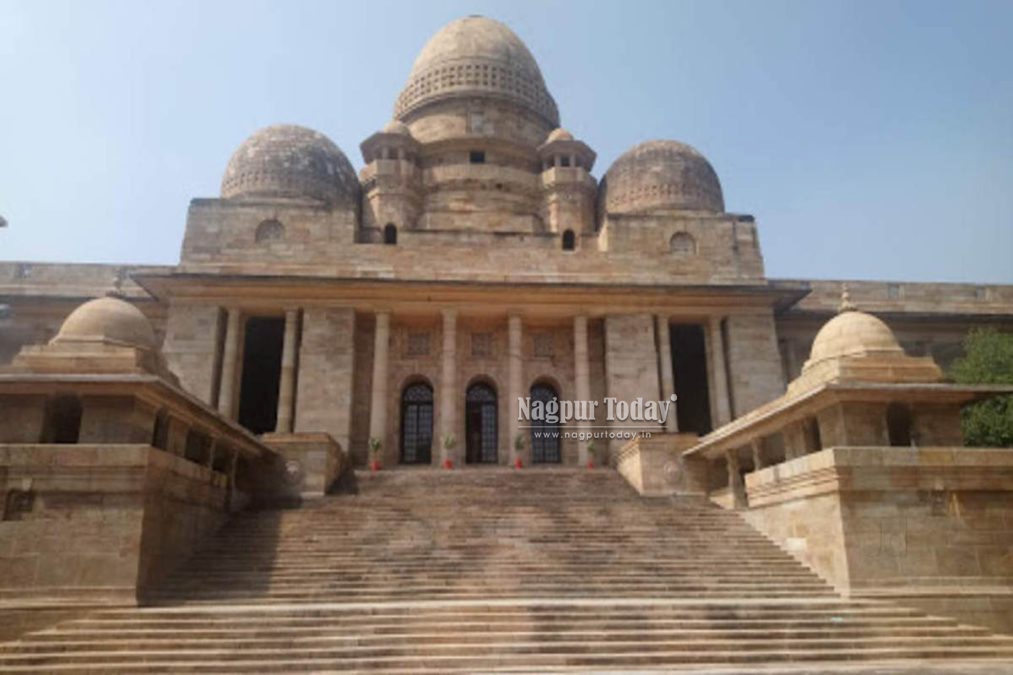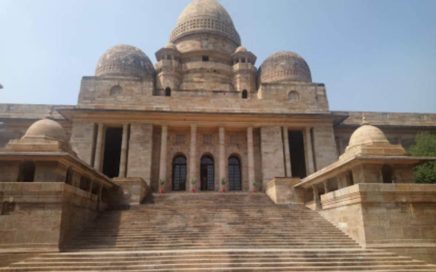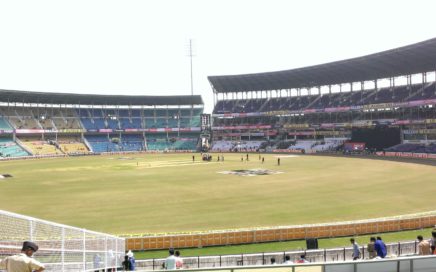
Nagpur – In March 2022, following action initiated by the Enforcement Directorate (ED) against Advocate Satish Uke, multiple criminal writ petitions were filed by him, raising serious concerns over various issues, including the functioning of police authorities. The Nagpur Bench of the High Court heard three of these petitions together — Criminal Writ Petition Nos. 819/2023, 222/24, and 223/24.
The petitions argued for the need to establish a robust mechanism to monitor the conduct of police officials who fail to comply with the directions issued by the Supreme Court in the landmark case of Lalita Kumari vs. State of Uttar Pradesh. In response, the court noted that Maharashtra already has an existing system — the Complaint Redressal Authority established under the Maharashtra Police Act, which addresses public grievances related to police misconduct.
Two Avenues for Monitoring Identified
In its order, the High Court outlined two legal pathways to ensure accountability of such police officers:
Action under the Contempt of Courts Act.
Departmental proceedings if the disciplinary or competent authority is satisfied with the need for such action.
During the hearing, Solicitor General Deshpande submitted that once the main prayer in the petition is resolved, the court may address the supplementary prayers later. He also requested additional time to prepare responses on the remaining issues.
Petitioner Highlights Amendments to Plea
Advocate Satish Uke drew the court’s attention to the amended prayers in Criminal Writ Petition No. 819/2023, stating that no objections had been raised by any of the respondents regarding these changes. Hence, the court could consider allowing the petition to the extent of the amended prayers.
He also cited a precedent set by the Madurai Bench of the Madras High Court in Criminal OP (MD) No. 4326/2015 (G. Thirumurugan vs. State), arguing that similar relief may be granted based on that ruling. In response, Advocate Deshpande and Senior Counsel Chauhan assured the court that a copy of the cited judgment would be placed on record for the court’s perusal.














